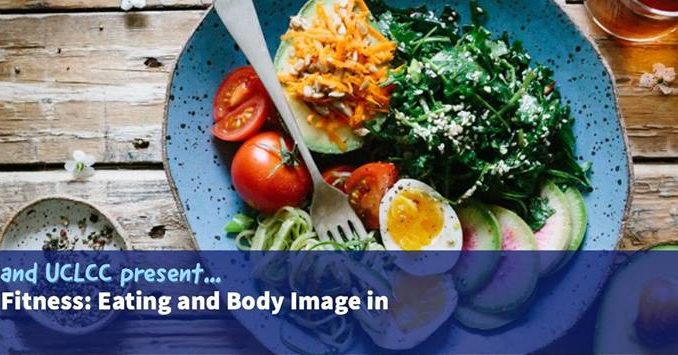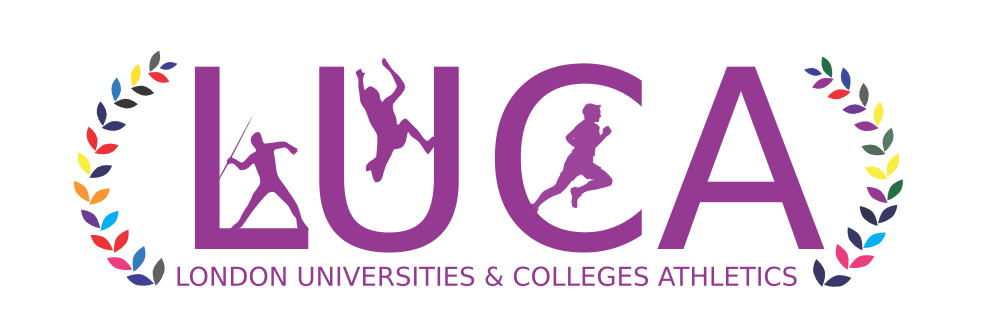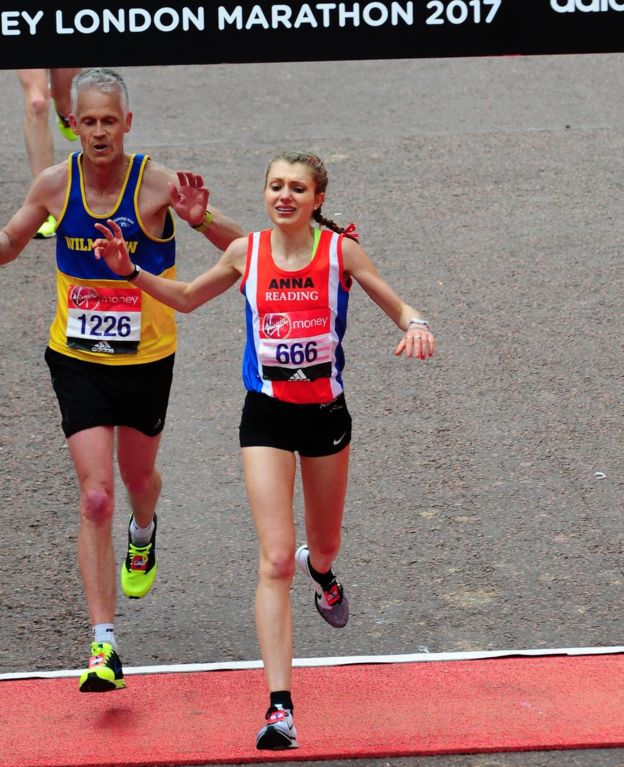
Whether you’ve ever wondered what to eat to improve your performance in sports, been worried about your appearance or eating habits, or are simply curious about the relationship between food and sports, then you are most welcome to join the Fuelling Fitness: Eating and Body Image in Sport talk taking place at UCL this Wednesday, kindly hosted by UCL Running, Athletics & Cross-Country and UCL Cycling Clubs, where eating for performance, but also body image concerns and eating disorders will be addressed by two great speakers: Pixie Turner and Alice Thomas.
Pixie Turner is a Registered Nutritionist and expert on Orthorexia. Her website includes recipes, general nutrition advice that you can find here.
Alice Thomas is a GB age group triathlete, personal trainer, and promoter of healthy body image in sports.
Both Alice and Pixie will be giving a presentation, then there will be an opportunity to ask questions.
This is a topic that we, at LUCA, take very seriously and are taking steps to raise awareness about its importance. The importance of nutrition and healthy body image in sports have always been significant. However, with the increasing presence of athletes on social media and countless ineffective diets and unapproved sports advice available online, it can be very hard for athletes, absolute beginners or full-time professionals, to get proper advice instead of one-size-fits-all counter-productive measures.
This issue is even more important as the consequences of a poor diet can be very serious: on the 23rd of April 2017, Anna Boniface seemed to have the running world at her feet when she finishing the 2017 Virgin London Marathon as the fastest female amateur runner in 2:37:07.
This great performance earned her a place in the England team for the Scotiabank Toronto Waterfront Marathon taking place on the 22nd of October. She went on to train hard for this event, but on the day she, unfortunately, didn’t finish the race as her ankle fractured after 10 miles.
Anna was immediately rushed to the hospital. There, she learned that in addition to the stress fracture in the ankle, she also had poor bone density, including osteoporosis in her spine, which make fractures a serious risk. These are all symptoms of Relative Energy Deficiency in Sport.
Anna works as a physiotherapist and has admitted she was aware of the condition. However, she decided to ignore the warning signs in order to keep improving her performance.
Although Anna has now recovered and is running again, this is one example among many of athletes who put their bodies at severe risk because of nutrition when trying to increase performance.
The full story can be read on the BBC and Anna’s blog.
We hope you can make it to the event at UCL this Wednesday and make the most of it.
If you have any questions, don’t hesitate to ask us.
Have a good week and see you on Wednesday!

